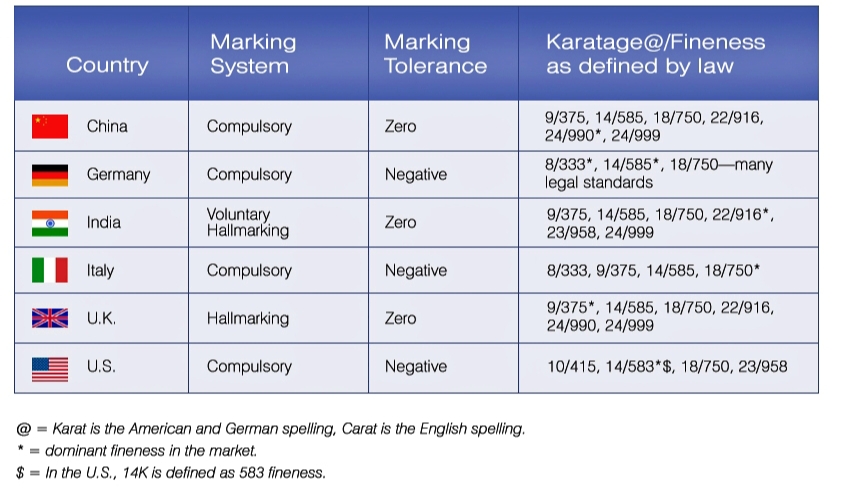REGULATIONS
Gold is one of the most highly regulated commodities globally. Regulations vary by country and cover various aspects including mining, trading, ownership, and taxation. Understanding these regulations is essential for anyone involved in the gold industrywhether as a miner, trader, investor, or jeweler.

Gold mining is subject to stringent environmental and safety regulations due to its impact on the environment and worker safety. Key aspects include:
1.
Environmental Impact Assessments (EIA):
Before a mining project can proceed, companies must conduct an EIA to assess the potential environmental effects and outline mitigation measures.
2. Permits and Licenses:
Mining operations require various permits and licenses, which ensure that mining activities comply with local laws and regulations.
3. Rehabilitation and Closure Plans: Mining companies are often required to submit and fund plans for the rehabilitation of mining sites post-closure to mitigate environmental damage.
Gold trading is regulated to ensure transparency, prevent money laundering, and maintain market integrity. Important regulations include:
1. Anti-Money Laundering (AML) and Know Your Customer (KYC) Regulations:
Dealers and traders must comply with AML and KYC regulations to prevent illegal activities and ensure the identity of their customers.
2. Reporting Requirements:
Transactions involving large amounts of gold may need to be reported to financial regulatory authorities to monitor and prevent illicit activities.
3. Commodity Exchange Regulations:
Gold trading on commodity exchanges is regulated to ensure fair trading practices, transparency, and market stability.
Gold ownership regulations vary significantly across different countries. Key considerations include:
1. Import and Export Controls:
Countries may impose restrictions or duties on the import and export of gold to control the flow of gold in and out of the country.
2. Private Ownership Restrictions:
Some countries restrict or regulate private ownership of gold bullion and coins. It's essential to understand local laws to ensure compliance.
3. Storage Requirements:
Regulations may dictate how and where gold should be stored, particularly for large quantities held by institutions.
Tax regulations on gold transactions and holdings are complex and vary by jurisdiction. Key points include:
1. Value-Added Tax (VAT) and Goods and Services Tax (GST):
Some countries impose VAT or GST on gold purchases, while others may exempt investment-grade gold.
2. Capital Gains Tax:
Profits from selling gold may be subject to capital gains tax. The rate and applicability depend on local tax laws and the nature of the gold investment.
3. Import Duties:
Importing gold can attract duties, which vary based on the form of gold (e.g., bullion, jewelry) and the country of origin.
Global initiatives and regulations aim to ensure that gold is sourced ethically and does not fund conflict. Key regulations include:
1. OECD Due Diligence Guidance:
The OECD provides guidelines for responsible sourcing of minerals, including gold, to prevent human rights abuses and funding of conflicts.
2. Dodd-Frank Act Section 1502:
In the United States, this regulation requires companies to disclose the use of conflict minerals, including gold, sourced from conflict-affected areas.
3. LBMA Good Delivery Standards:
The London Bullion Market Association (LBMA) sets stringent standards for the sourcing and refining of gold, ensuring it meets ethical and quality criteria.
International standards and agreements play a significant role in regulating gold. Key examples include:
1. International Financial Action Task Force (FATF):
FATF sets global standards for combating money laundering and terrorist financing, including regulations related to gold.
2. World Gold Council (WGC):
The WGC promotes industry standards and best practices for gold mining and trading, focusing on ethical sourcing and market integrity.
3. Basel III Accord:
This banking regulation framework impacts gold by considering it as a high-quality liquid asset, influencing how banks hold and value gold in their reserves.
Conclusion
Navigating the regulatory landscape of the gold market requires a thorough understanding of various local and international laws and standards. Compliance with mining regulations, trading transparency, ownership laws, taxation, and ethical sourcing standards is crucial for anyone involved in the gold industry. By staying informed and adhering to these regulations, businesses and investors can operate legally, ethically, and efficiently in the global gold market.